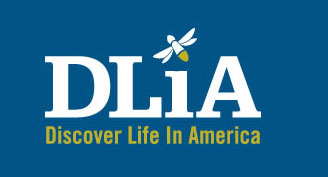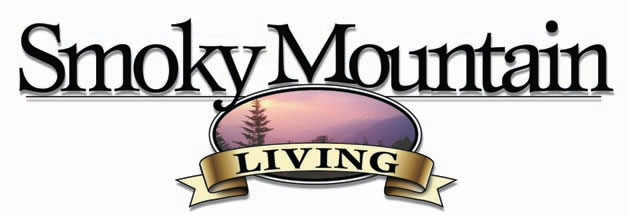 Microsporidia (phylum Microsporidia) are the most ubiquitous and abundant eukaryotic parasites of insects. These tiny (1-10 um) spore-forming intracellular parasites are related to fungi. They play important roles regulating insect populations and are economically important as biocontrol agents. They may also be devastating pathogens of beneficial insects. However, little is known about the distribution of microsporidia in natural populations of insects. We will undertake a survey for microsporidia in insect specimens sampled using Malaise traps. Preliminary studies suggest that propylene glycol used in these traps preserve morphology of spores for microscopy and their DNA for polymerase chain reaction amplification, the methods used for identification of microsporidia. We have already documented taxa new for science and previously unknown host associations. Continuing investigations will undoubtedly yield more new species and novel associations that will shed light on the phylogeny of the group and evolutionary history of insect-microsporidia interactions.
Microsporidia (phylum Microsporidia) are the most ubiquitous and abundant eukaryotic parasites of insects. These tiny (1-10 um) spore-forming intracellular parasites are related to fungi. They play important roles regulating insect populations and are economically important as biocontrol agents. They may also be devastating pathogens of beneficial insects. However, little is known about the distribution of microsporidia in natural populations of insects. We will undertake a survey for microsporidia in insect specimens sampled using Malaise traps. Preliminary studies suggest that propylene glycol used in these traps preserve morphology of spores for microscopy and their DNA for polymerase chain reaction amplification, the methods used for identification of microsporidia. We have already documented taxa new for science and previously unknown host associations. Continuing investigations will undoubtedly yield more new species and novel associations that will shed light on the phylogeny of the group and evolutionary history of insect-microsporidia interactions.
Collectors List: CollectorList.pdf
Family Count Graph: FamilyCountAcGraph.pdf
Species Report: Taxonomy.pdf
Upper Taxa List: UpperTaxa.pdf
Principal Investigator
PI Name: Dr. Chris Carlton
PI Organization: Louisiana State University
Co-investigator #1
Co-PI Name: Dr. Igor Sokolov
Co-PI Organization: Louisiana State University
Co-investigator #2
Co-PI Name: Dr. Julia Y. Sokolova
Co-PI Organization: Louisiana State University
Literature References:
Sokolova, J. Y., I. M. Sokolov, and C. E. Carlton. 2009a. New microsporidia (Microsporidia) parasitizing bark lice (Insecta: Psocoptera). Journal of Invertebrate Pathology: submitted.
Sokolova, J. Y., I. M. Sokolov, and C. E. Carlton. 2009b. Identification of Nosema bombi Fantham and Porter 1914 (Microsporidia) in Bombus impatiens and B. sandersoni from Great Smoky Mountains National Park (USA). Journal of Invertebrate Pathology: submitted.

























